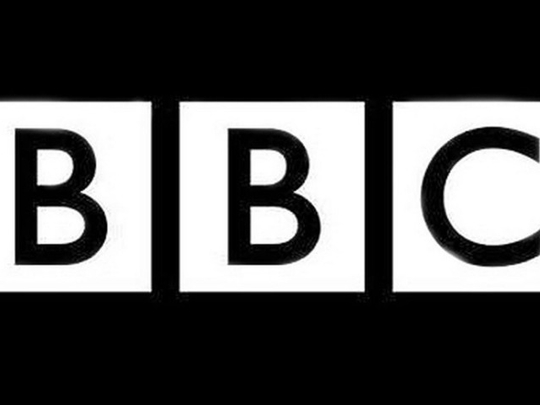
I can add my own story to the BBC pay brouhaha. In the 1990s, as social affairs editor, one of four newsroom editors leading specialist departments, I was the only woman and, by reliable gossip, I was near as dammit certain I was paid a lot less than the rest.
I plucked up courage to ask one of them, rumoured to get double my pay, for advice. If I told him what I was paid, would he advise me whether I should ask for more? He grunted what I (wrongly) took to be assent, so I told him what I was paid: He said he couldn’t possibly comment and walked away with his nose in the air. Women in senior positions are still so surprised and grateful to be there at all, they tend not to ask for equality.
Gender, age and ethnic disparities in pay and prominence matter, but frankly it’s quite hard to get worked up about the plight of some very well-paid people being paid a bit less than other very well-paid people. Looking through the keyhole at BBC top-pay may be fun, but it misses the big picture.
Yet again, the BBC is Britain’s crucible. Stripped bare by exposure of its pay rates, its myriad enemies — the Mail, the Murdoch press and right-wing politicians — have whooped with glee at how this enforced revelation has embarrassed the corporation. Needless to say, no disclosure of top Mail and Sun writers’ and editors’ pay followed.
What should be a great national debate in Britain about pay and values is reduced to an ooh-aah finger-pointing at the corporation for reflecting the society it inhabits. What matters a thousand times more is the gigantic scale of pay disparity from top to middle to bottom in Britain. The real fascination driving the BBC salaries story is yet another reminder of the breathtaking distance between high and low pay. At least with BBC pays for talent we can see what we get for the money — and these sums don’t begin to compare with the grotesque booty FTSE 100 CEOs pay themselves.
I visit company AGMs to watch their CEOs’ one-day squirm at trying to justify monstrously unjustified rewards. Share price, productivity and profits can all sink, yet their pay still rises inexorably. Even the Conservative manifesto inveighed against it, promising to legislate to force listed companies to publish ratios between executive pay and the rest of their workforce. “Companies will have to explain their pay policies,” pointing to the pay differential between top and average that grew from 47:1 in 1998 to 128:1 in 2015. But don’t hold your breath for this Cabinet bringing in any radical re-ordering of rewards.
The High Pay Centre keeps close track: A nurse is paid £24,799 (Dh118,221) per year, while a FTSE 100 CEO gets £5.48 million, more than 200 times more. He (yes, usually he) gets four times more in a year than she (usually she) gets in a lifetime’s work. Labour’s manifesto promised a strong disincentive to companies paying over the odds by charging firms a 2.5 per cent levy on any earnings above £330,000 and 5 per cent on those above £500,000. Good idea.
Any such suggestion is always greeted with horror by the Right. Remember how John Major’s government warned Labour’s 1997 manifesto plan for a minimum wage would lose two million jobs. If a miserably insular Britain ever looked across the Channel to its close neighbours, it would see how similar countries can share incomes and wealth much better — and their economies thrive.
Britain boasts of how many jobs have been created — a good thing. But it has a high proportion of full-timers earning less than two-thirds of the median. In Britain, 20 per cent earn that small a share, while only 10 per cent in Switzerland and 3 per cent in Belgium earn so little. If Britain’s top 1 per cent earned the same share as Denmark’s top 1 per cent, then everyone else could be £3,000 better off, the High Pay Centre calculates.
These are the political choices we make, though voters are wrongly persuaded that they are economic inevitabilities. How do we make the attitudinal change? Start with total transparency. What has begun with the BBC should become the national norm in Britain: Make all tax returns public. At first it will feel like everyone taking off their clothes and running down the street naked in front of their neighbours. But the Scandinavians do it and it leads to pressure for greater equality. Time for total disclosure, that’s the real lesson from the BBC brouhaha.
— Guardian News & Media Ltd
Polly Toynbee is a Guardian columnist.







